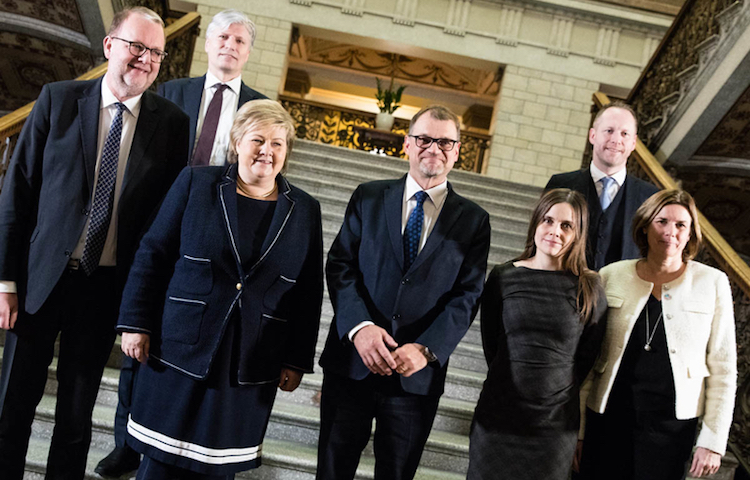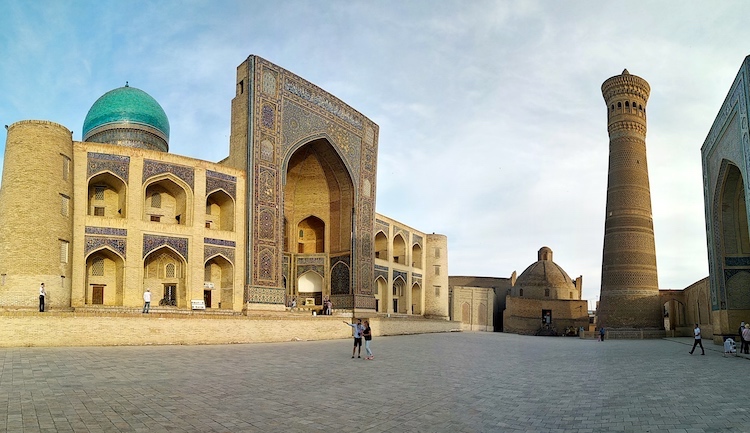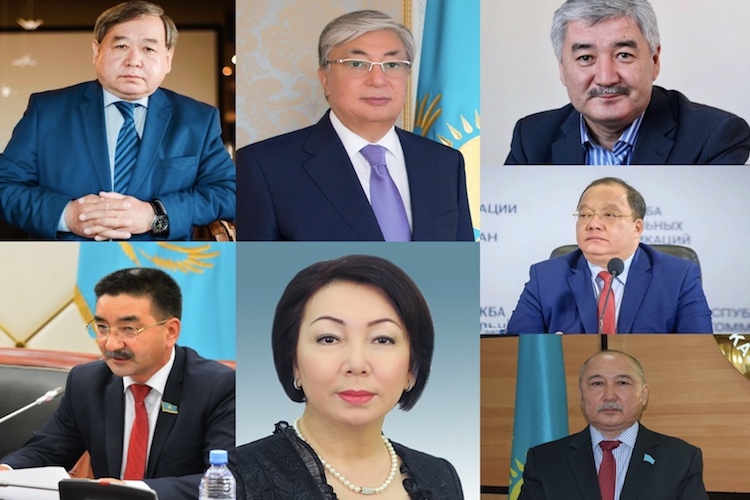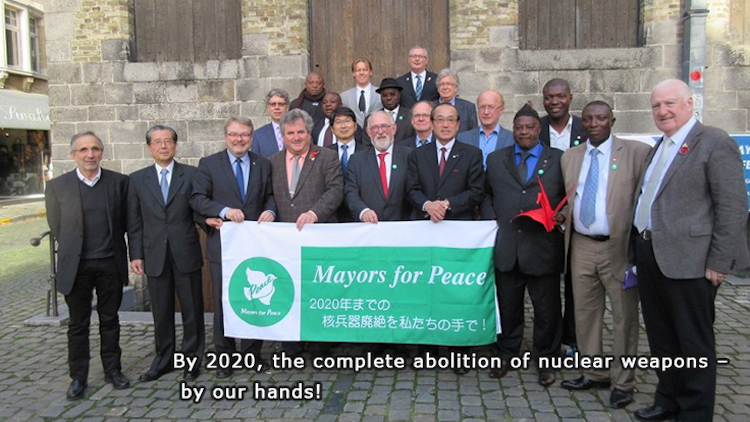By Lowana Veal REYKJAVIK (IDN) – On September 5, 2017 – two years after the United Nations adopted Agenda 2030 with its 17 Sustainable Development Goals (SDGs) and 169 targets – the Nordic countries jointly launched the Generation 2030 programme with the aim of speeding up implementation of Agenda 2030 through official Nordic cooperation. A […]
Ancient Silk Route Hub Gets Ready for Modern Tourism
By Kalinga Seneviratne BUKHARA, Uzbekistan (IDN) – The city of Bukhara was a major trading hub of the ancient Silk Routes that connected Asia to the Arab world and Europe. With the Uzbekistan government’s lifting of restrictions on foreign tourists in 2016 and global interests on the ancient Silk Routes gathering momentum, this 2000-year-old city […]
Uncertainty over U.S.-Russian Arms Control Talks
By Kingston Reif and Shervin Taheran While Kingston Reif is Director for Disarmament and Threat Reduction Policy, Shervin Taheran is Research Assistant at the Arms Control Association, which carried this report on May 24, 2019. WASHINGTON, D.C. (IDN-INPS) – Following a May 14 meeting in Sochi, Russia, with Russian President Vladimir Putin and Foreign Minister […]
Door to North Korea Remains Open Despite Missile Tests
By Alicia Sanders-Zakre and Kelsey Davenport While Alicia Sanders-Zakre is research assistant, Kelsey Davenport, is director for nonproliferation policy at the Arms Control Association, which carried this report on May 21, 2019. WASHINGTON, D.C. (IDN-INPS) – The next steps for U.S. diplomacy with North Korea remain unclear after Pyongyang tested several short-range ballistic missiles in […]
Nuclear Non-Proliferation Review Conference Could Hit a U.S. Roadblock
By Shanta Roy NEW YORK (IDN) – The Trump Administration, which has been recklessly wielding a wrecking ball against multilateral treaties, will be put to a test next year when the 1970 Treaty on the Non-Proliferation of Nuclear Non-Proliferation of Nuclear Weapons (NPT) will be up for review at the 2020 conference scheduled to take […]
Human Survival Lies in the Balance as the Charade of NPT Diplomacy is Wearing Thin
Viewpoint by Dr Joseph Gerson* NEW YORK (IDN) – Expectations for the outcome of this year’s NPT Preparatory Committee were low at best. Not surprisingly, given the nuclear powers’ reliance on their genocidal and omnicidal arsenals and pressures building for nuclear weapons proliferation, these expectations were not exceeded. As the Bulletin of the Atomic Scientists […]
7 Candidates Mark Kazakh Passage Through Historical Transition
By Radwan Jakeem NEW YORK (IDN) – The Central Asian republic of Kazakhstan is living through an historical transition. For the first time since the country adopted the Constitutional Law on the independence of the Republic and held the first presidential election in 1991, Nursultan Nazarbayev is not contesting the forthcoming polls on June 9, […]
Mayors for Peace Call for a Common Ground on the NPT
By J Nastranis NEW YORK (IDN) – In anticipation of the review conference of the Treaty on the Non-Proliferation of Nuclear Weapons (NPT) in 2020 at the United Nations, the Mayors for Peace have in a Joint Appeal called for finding a “common ground on the NPT”; because the global interest embodied in the NPT […]
Experts Exhort Nuclear Deal Signatories to Help Iran
By Jamshed Baruah NEW YORK (IDN) – The Arms Control Association (ACA), a Washington-based nonpartisan organization, has warned that Iran’s “threat to violate” the landmark 2015 nuclear deal is “a very worrisome but predictable response” to U.S. President Donald Trump’s “dangerous decision” to withdraw from the Joint Comprehensive Plan of Action (JCPOA) one year ago. […]
Faith Communities Sound a Clarion Call for Elimination of Nuclear Weapons
By Santo D. Banerjee NEW YORK (IDN) – Heed the voices of the world’s hibakusha, survivors of atomic bombings, by unequivocally recommitting to achieving a world without nuclear weapons, by supporting the signing and ratification of the Treaty on the Prohibition of Nuclear Weapons (TPNW). Fifty-three groups and individuals of diverse faiths have joined forces […]










